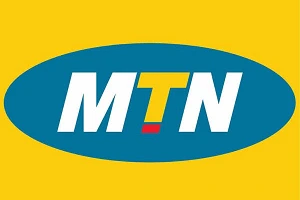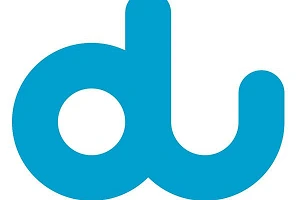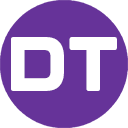Digital lending in the spotlight in Kenya and Nigeria
- Details
- Category: Regulation
- 6479 views

Can countries balance access to an undoubtedly popular and convenient service with an effective response to predatory lending practices, data abuse, high interest rates, and aggressive debt collection practices, to name only a few? That’s the question about digital lending that regulators in Kenya and Nigeria are trying to answer.
Late last week the Central Bank of Kenya (CBK) announced the licensing of an additional 27 digital credit providers (DCPs) in the country, adding to the licensing of 41 providers in June 2025. There are now 153 approved lenders out of more than 700 applications since March 2022.
As the ITWeb Africa news service points out, licensed DCPs had, by June this year, granted 5.5 million loans valued at Ksh.76.8 billion (US$594 million). This was largely through digital platforms such as USSD codes and mobile apps. Loan products have included education loans, development loans, short-term personal loans, asset financing and business loans.
In a statement explaining its role, CBK says: “The focus of the engagements with DCPs has been inter alia on business models, consumer protection and fitness and propriety of proposed shareholders, directors, and management. This is to ensure adherence to the relevant laws and importantly that the interests of customers are safeguarded.”
The CBK’s licensing and oversight regulations, enacted in 2022, address the predatory lending and data abuse, high interest rates, and aggressive debt collection practices mentioned earlier. They aim to do this by enhancing transparency, improving corporate governance, and enforcing data protection to safeguard borrowers' information and promote fair markets.
Nigeria meanwhile, has arguably gone further with the recent passing of the Digital, Electronic, Online, or Non-Traditional Consumer Lending Regulations (DEON Consumer Lending Regulation) 2025. These regulations aim to curb exploitative practices, data breaches, and harassment by unregulated digital lenders.
The DEON Regulations create a comprehensive framework for all unsecured digital lending across electronic, online, mobile, or other non-traditional platforms. The rules mandate transparent loan terms, ethical recovery practices, responsible lending, fair interest rates, and robust data privacy protections.
And that’s not all. ITWeb Africa notes that all digital lenders, including mobile money operators and digital money lenders (DMLs), must now register with the FCCPC within 90 days. Non-compliance could mean fines and lengthy disqualification of directors.
Key provisions also ban pre-authorised lending, unethical marketing, and monopolistic practices, while requiring at least one locally owned service provider for airtime and data lending. Joint registration of lender partnerships is now mandatory.

























